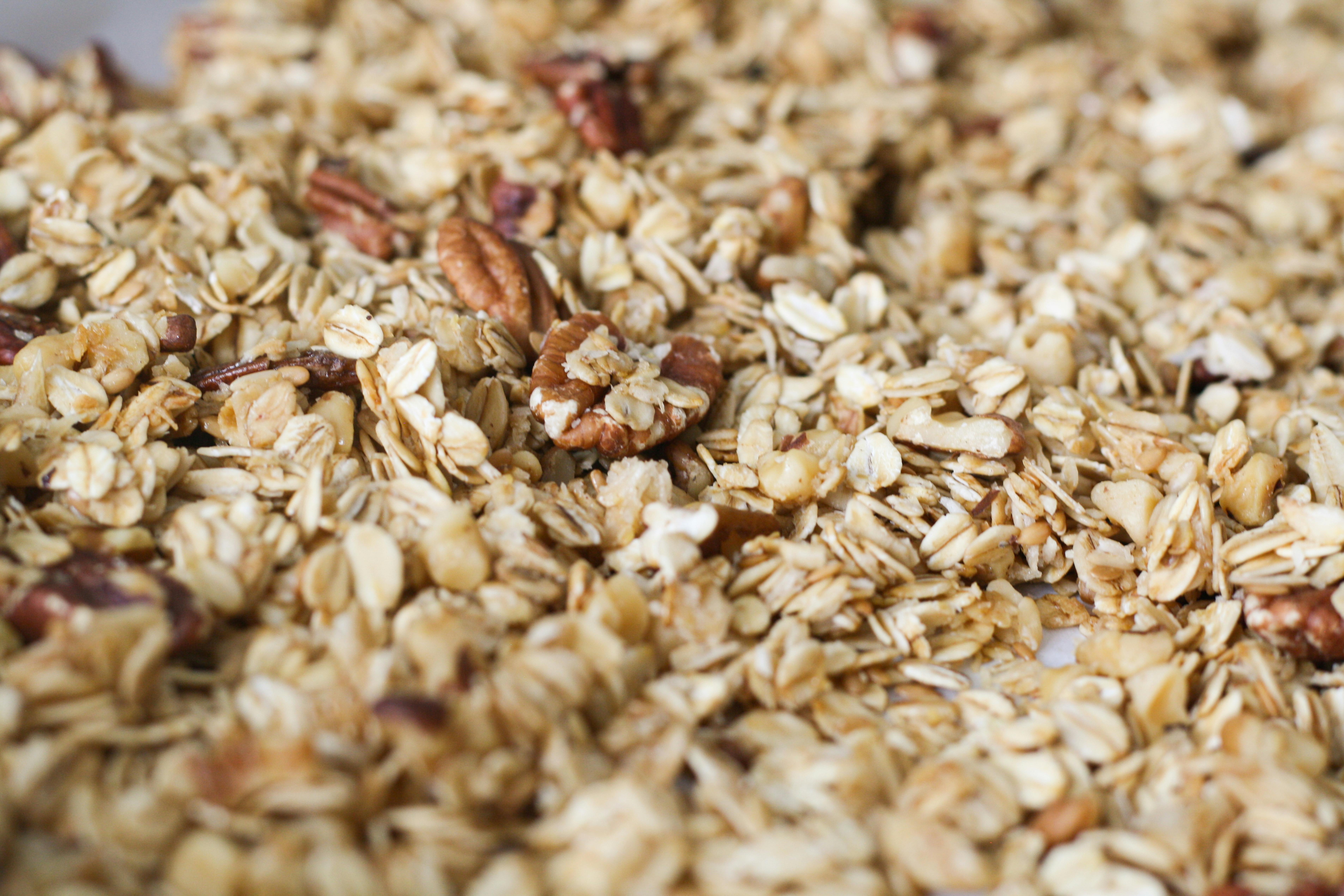Effective Ways to Manage Constipation on the Carnivore Diet 2025

Effective Ways to Manage Constipation on the Carnivore Diet
The carnivore diet, primarily consisting of animal products, has gained popularity for its simplicity and potential benefits. However, many individuals experience gastrointestinal issues, notably constipation. Understanding how to manage this common dilemma is essential for maintaining digestive health while on a meat-based nutrition plan. In this article, we will navigate the underlying causes of constipation on a high-protein diet, explore effective remedies, and provide practical tips for improving digestive comfort.
Constipation on the carnivore diet can arise due to the absence of dietary fiber, which is usually found in fruits and vegetables. Without fiber, bowel movements may become infrequent or difficult. Recognizing these challenges and implementing strategies to counter them can enhance nutrient absorption and promote gut health. We will delve into the mechanics of digestive processes, the importance of hydration, and how to balance electrolytes, all critical factors in overcoming constipation while adhering to this dietary approach.
This article will cover practical solutions, nutritional insights, and evidence-based recommendations for ensuring regular bowel movements. You'll discover hydration tips, appropriate food choices, and supplementary digestive aids that can transform your carnivore experience into one of vitality and well-being.
Understanding Constipation and its Causes
Recognizing Constipation Symptoms
Constipation is typically characterized by infrequent bowel movements, discomfort during digestion, and the feeling of incomplete evacuation. In the context of the carnivore diet, these symptoms can be exacerbated by a lack of dietary fiber, which traditionally aids in stool formation and movement through the intestines. When transitioning to a high-protein, low-fiber diet, it's crucial to remain attuned to your body's responses and address any signs of digestive distress promptly.
How the Carnivore Diet Impacts Digestion
The carnivore diet focuses on meat and animal-based products, restricting fiber intake drastically. This restriction can lead to digestive problems, as the body may struggle to adapt to a fiber-free diet. Research indicates that dietary fiber encourages healthy gut flora, so when eliminated, there may be a shift in gut microbiome balance, further complicating digestive health.
Main Theories Behind Constipation on a High-Protein Diet
There are several theories as to why constipation frequently plagues individuals on a carnivore diet. One prominent explanation is the lack of hydration, as protein digestion requires significant water intake. Additionally, the high amounts of protein without adequate fiber can slow down the digestive process. Moreover, as the body adjusts to the new diet, hormonal changes can influence gut motility, leading to bowel movement difficulties.
Practical Constipation Remedies on Carnivore Diet
Enhancing Hydration and Electrolyte Balance
One of the most effective ways to manage constipation is through adequate hydration. Water is essential for digestion, especially when consuming protein-rich foods. A general recommendation is to drink at least half your body weight in ounces of water daily. Furthermore, maintaining electrolyte balance—particularly potassium and magnesium—can support muscle contractions in the digestive tract, facilitating smoother bowel movements. Consider incorporating bone broth or electrolyte supplements to ensure you're meeting your body's needs.
Incorporating Digestive Aids
Digestive enzymes are another excellent remedy for managing constipation on a carnivore diet. These supplements can assist the body in breaking down protein more effectively, enhancing nutrient absorption and reducing digestive discomfort. Foods like fermented meats, which naturally contain probiotics, also help promote gut health and regular bowel movements, making them a smart addition to your meal planning.
Understanding Dietary Adjustments and Fiber Alternatives
While the carnivore diet is fundamentally fiber-free, it’s possible to introduce alternative fiber sources strategically without derailing your dietary approach. Some people benefit from small amounts of low-carb vegetables such as leafy greens or cooked zucchini, which can introduce a negligible amount of fiber while providing hydration. Balancing your nutrition plan this way may ease constipation without compromising the essence of the carnivore lifestyle.
The Role of Fats in Digestion
Incorporating Healthy Fats for Improved Digestion
Healthy fats are crucial in a carnivore diet, not just for energy but also for aiding digestion. Fats help to lubricate the digestive tract, making it easier for food to pass through. Including omega-3 fatty acids found in fatty fish can reduce inflammation and improve overall digestive health. Consider adding avocados or fatty cuts of meat to enhance both flavor and functionality in your meals.
Finding Satiety Through Meal Frequency
How often you eat can significantly affect your digestive health. For individuals on a carnivore diet, finding the right meal frequency is key. Some find that eating less frequently allows for better digestion and nutrient absorption, while others may require more regular meals to avoid feeling sluggish. Experiment with meal timing to discover what works best for your gut health.
Monitoring Symptoms and Adjusting Diet
Keeping a food diary while on the carnivore diet can help identify specific triggers contributing to constipation. Monitoring symptoms and making necessary dietary adjustments based on your experiences allows you to refine your nutrition plan. Remember to consult with a healthcare provider when making significant changes or if constipation persists despite your efforts.
Frequently Asked Questions on Carnivore Diet and Constipation
What are the best foods for digestion on a carnivore diet?
Typically, fatty cuts of meat, organ meats, and bone broth are considered the best for digestion on a carnivore diet. These options are nutrient-dense and can provide the necessary hydration and fat content to support gut health.
How can hydration impact bowel movements?
Hydration is critical in maintaining regular bowel movements. Drinking sufficient water supports protein digestion and prevents dehydration, which can lead to constipation.
Are there any natural remedies for constipation on a meat-based diet?
Yes, some natural remedies include digestive enzymes, hydration supplements, and low-carb vegetables, which can ease constipation while respecting the dietary restrictions of the carnivore lifestyle.